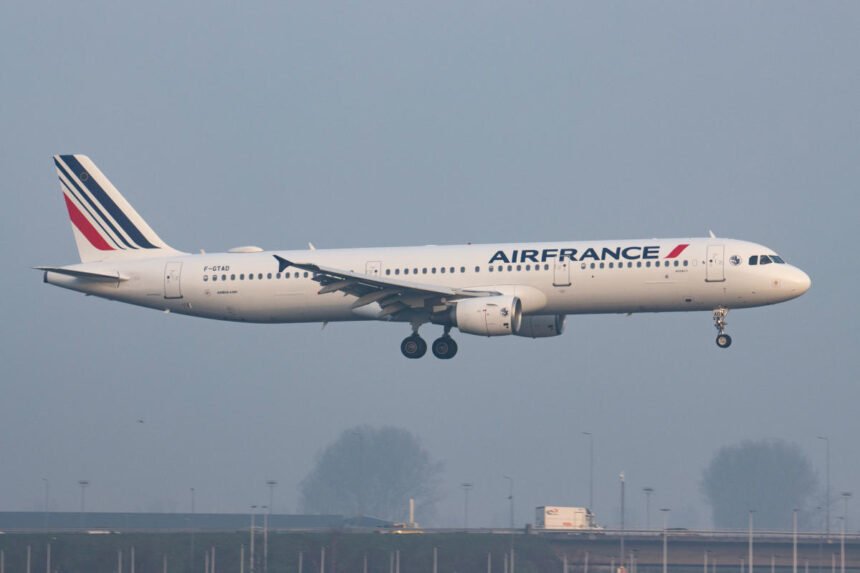France has taken a significant step toward reducing carbon emissions by implementing a ban on domestic flights for short routes that can be conveniently covered by train travel. The new law, which aims to promote greener transportation options, states that any journeys that can be completed in less than two-and-a-half hours by train cannot be taken as a flight.
The ban primarily affects air travel between Paris and regional hubs such as Nantes, Lyon, and Bordeaux, while connecting flights remain unaffected. France’s Transport Minister, Clement Beaune, emphasized the importance of this move in the fight against greenhouse gas emissions. He stated that it is difficult to justify using airplanes for travel between major cities that already benefit from frequent, fast, and efficient train connections.
According to the law, train services on the same routes must be readily available, punctual, and well-connected to meet the needs of passengers who would otherwise opt for air travel. Additionally, individuals should be able to complete outbound and return train journeys on the same day, with a minimum of eight hours spent at their destination.
In addition to curbing domestic flights, France is also cracking down on the use of private jets for short journeys to make the transport sector more environmentally friendly and equitable. A report from Transport and Environment (T&E), the European Federation for clean transport, revealed that private jets can be up to 14 times more polluting than commercial flights per passenger mile, and a staggering 50 times worse than trains.
While this move has been lauded by environmental advocates, it has received criticism from the aviation industry. Laurent Donceel, the interim head of the industry group Airlines for Europe (A4E), expressed skepticism about the ban’s impact on CO2 emissions, stating that it would have only minimal effects. He argued that governments should focus on supporting “real and significant solutions” to address the issue.
France’s decision to impose the ban on domestic flights reflects its commitment to mitigating climate change and transitioning toward a more sustainable future. By prioritizing efficient and accessible train travel for short-distance journeys, the country aims to reduce its carbon footprint and set an example for other nations to follow.
As the aviation industry grapples with its environmental impact, governments, and industry stakeholders will need to explore and implement a range of measures to achieve substantial emissions reductions.
This may include investing in cleaner aviation technologies, improving the efficiency of operations, and promoting alternative modes of transportation. By combining efforts across sectors, it is possible to make significant progress in creating a more sustainable and environmentally conscious travel industry.
